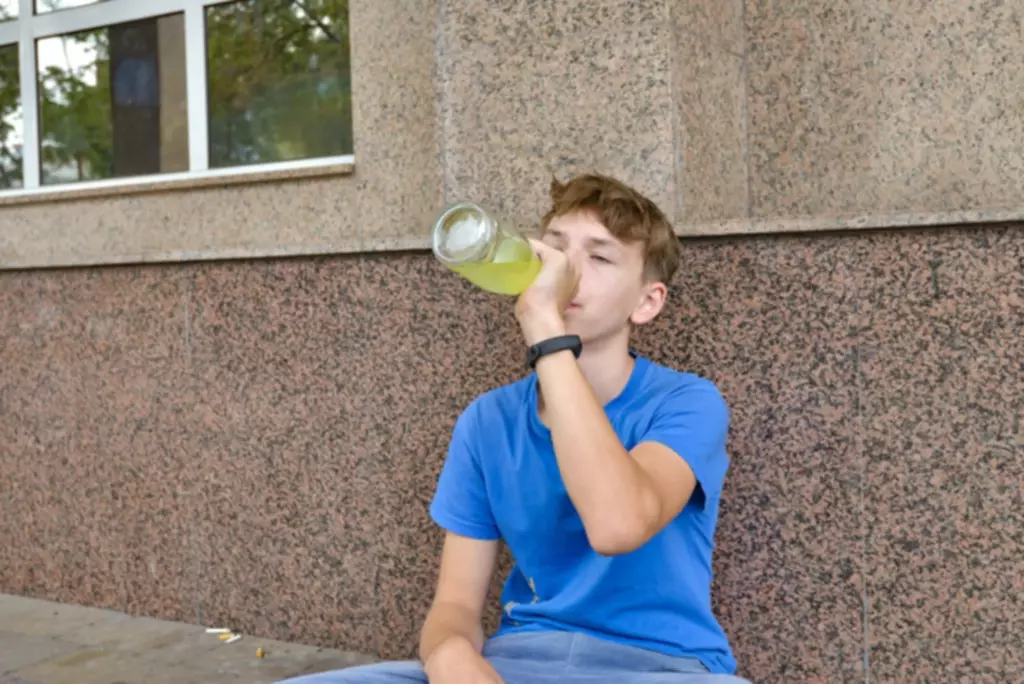Content
- Warning Signs of Domestic Violence and Alcohol Abuse
- Escalation of other substance abuse
- Alcohol Has Become More Important Than Your Relationship
- Is Alcohol Affecting Your Relationships?
- Finding Help For Alcohol And Domestic Abuse
- Alcohol Recovery Timeline
- Lasting Effects of Living With an Alcoholic
Statistics seem to indicate a connection between alcohol and drug abuse and domestic violence, but some researchers question the cause-and-effect relationship. There are immediate issues, like violence, stress, and worrying about children, as well as lasting issues that cause harm for years to come. It is crucial to address and deal with the issue of drinking and to offer help but also to know when it is time to remove oneself from the situation for self-preservation. A man or woman who lives with a partner with an alcohol use disorder may face any or all of the possible challenges in the present. But, these can also lead to lasting issues that a person has to cope with indefinitely.
- It can be difficult to handle a situation like this, but with patience, understanding, and help from professionals, you can learn how to deal with an angry drunk spouse.
- Overcoming the various forms of emotional abuse is similar to fighting addiction.
The effects of addiction also influence relationships with loved ones, especially spouses or romantic partners. Taking the time to better understand what relationship issues are linked to alcohol abuse can help you create healthier bonds as you move forward with your recovery. If you are the victim of domestic abuse, your personal safety must take priority over any feelings you may have for the perpetrator. Treatment programs how alcoholism affects relationships can help establish a recovery plan that will help individuals in an abusive relationship move forward with their lives, away from toxic and dangerous relationships. Treatment programs and other domestic abuse resources are available to help you find safety and healing. Additionally, case managers can assist with helping victims obtain advocates for domestic violence, including resources for domestic violence shelters.
Warning Signs of Domestic Violence and Alcohol Abuse
Those who drink excessively may need to quit their jobs earlier than they had originally planned as a consequence of drinking’s long-term effects. Family
Support for Change Efforts
Families also need to learn to support the drinker’s efforts toward change. Family members can support change through verbal encouragement,
nonverbal gestures, or taking on family responsibilities to free up the drinker’s
time for treatment or self-help meetings.
- Eliminating drinking or drug use is only the starting point; once sobriety is attained, a supportive caring relationship can be one of the strongest factors in making that sobriety last.
- There are traumas that cause one to act out in certain behaviors that can be addressed and rectified through counseling, therapy, and a substance use disorder treatment program.
- We also draw attention to some red flags that your drinking may have become unhealthy, and provide next steps for making a change.
- Offenders are sometimes legally required to attend therapy addressing anger management and violence prevention, as well as alcohol rehabilitation.
- Peaks Recovery is medically staffed by a primary care physician, a psychiatrist, and round-the-clock nursing.
Abusing an intimate partner is an unhealthy response to feelings of inadequacy or frustration. A violent tendency can be complicated by substance abuse or a stress disorder, but it is not an illness in and of itself. It is a pattern that results from many elements of an individual’s experience, and it is a pattern that can be improved or even eradicated with treatment.
Escalation of other substance abuse
Express
Empathy
Empathy implies an acceptance of each family member’s experience, perspectives,
and emotions, and requires the ability to express this acceptance in a warm,
compassionate manner. Appendix A features
copies of exemplary instruments for both screening and problem assessment,
creating a complete „Clinical Toolbox” for you to use in your practice. Both may be passed from generation to generation, both involve denial or minimization https://ecosoberhouse.com/ of the problem, both involve isolation of the family. Keeping a distance will also prevent your loved one from influencing you to allow the addiction to continue or crossing boundaries. Changes in your personality can cause you to interact differently with the people around you — and not always for the better. Relationships thrive when you can effectively communicate with each other, but it can be hard to do that when you’ve been drinking.

Communication skills tend to erode as well, combining anger with an inappropriate release mechanism. Being the victim of alcoholic verbal abuse could be even worse than being physically abused. It is important to communicate openly and honestly about the effects of substance abuse on the relationship, as well as any lingering trust issues or hurt feelings. When one partner is struggling with substance abuse, the other often find themselves in a difficult position. They may feel responsible for their partner’s well-being and try to control or manage their drug use. Previously, reviews of alcohol interventions have focused exclusively on the individual or relationship level – in other words – an individual or couple treatment for alcohol dependency.
Alcohol Has Become More Important Than Your Relationship
If you are searching for online therapy options, click here for additional information. Those who are victims of domestic violence are more likely to struggle with a wide range of mental health disorders and require inpatient treatment to overcome the trauma of abuse. All types of domestic violence originate from one person’s desire for control and power over another.
